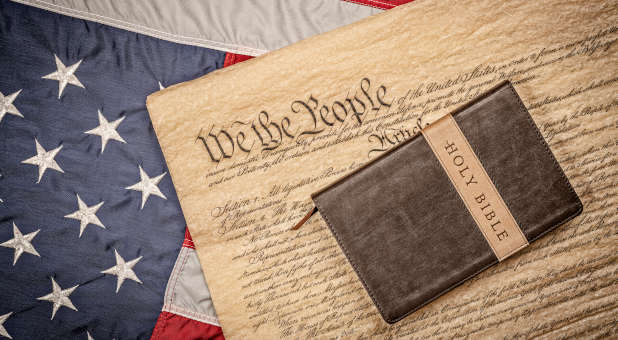There are many followers of Jesus in America today who do not describe themselves as “Christians.” It is not because they are ashamed of their faith. Instead, it is because the word “Christian” has become so diluted that almost anyone can call themselves a Christian, regardless of how they live or what they believe. To say, “I’m a Christian” does not necessarily convey a specific set of beliefs or moral standards, and this has been the case in America for many years now.
The positive side to this is that, as followers of Jesus, we have the opportunity to define who we are and what we believe. Even to say, “I’m a follower of Jesus” is to trigger a potential discussion.
What, exactly, does that mean? And what’s the difference between saying, “I’m a follower of Jesus” and, “I attend such and such church”?
Or, to take things one step further, what if we told people who asked, “I’m a disciple of Jesus”?
What does that mean? Or do we even dare make the claim? (For the record, followers of Jesus in the New Testament were most commonly called “disciples.”)
When it comes to the term “evangelical,” it is not so much that it is a potentially ambiguous term (like “Christian”) as it is a misleading term, a term that has become cultural and political more than spiritual.
Explaining the history of the word “evangelical,” which first came into use in the 1500s as a synonym for “gospel,” Thomas Kidd notes that, “By 1950, the use of the word had changed dramatically, especially because of the founding of the National Association of Evangelicals (NAE) in 1942. “Evangelical” was coming to denote conversionist Protestants who were not fundamentalists.”
A major factor in this was that, “in 1949, Billy Graham rose to prominence, and by 1950 he had become the undisputed standard-bearer for what people saw as evangelical faith.”
Evangelicals, then, believed what Billy Graham believed. That was pretty simple.
But, Kidd explains:
… in 1976. That year, Jimmy Carter, a self-described evangelical, won the presidency, and Newsweek declared 1976 the “year of the evangelical.”
Of more enduring importance, Gallup for the first time began asking survey respondents in 1976 if they were “evangelical” or “born again” and pairing that response with political behavior. Of course, the rise of the Moral Majority in 1979 was a decisive moment in the politicization of the word “evangelical,” too, but once “evangelical” became a standard category in polling, the public perception began to shift inexorably toward a political understanding of what it meant to be an evangelical. By the 2010s, most casual American observers had come to assume that evangelical meant “white religious Republican.”
That’s why, for a decade or more, some evangelical leaders have suggested that we drop the term entirely, since to most Americans, it speaks of a cultural and political aspect of our faith more than the essence of our faith.
Recent studies suggest that the trend in that direction has deepened, with many conservative white voters (especially Trump supporters) self-identifying as evangelicals, even if some of them do not hold to traditional evangelical beliefs.
And so the term, which was first entirely spiritual in meaning, became a spiritual term with cultural and political associations, and now, perhaps, primarily a cultural and political term.
Sign up NOW for a FREE Charisma Magazine Online 30-day trial!
As noted in a Jan. 8 article in The New York Times by Ruth Graham and Charles Homans:
Religion scholars, drawing on a growing body of data, suggest another explanation: Evangelicals are not exactly who they used to be.
Being evangelical once suggested regular church attendance, a focus on salvation and conversion and strongly held views on specific issues such as abortion. Today, it is as often used to describe a cultural and political identity: one in which Christians are considered a persecuted minority, traditional institutions are viewed skeptically and Trump looms large.
To be sure, some of the scholars cited might see things through the lens of their own biases, viewing many evangelical Trump supporters as white supremacists and/or insurrectionists.
But either way, there is no doubt that the term “evangelical” does not mean what it used to mean, especially to the general public.
In house, among committed Christians who identify as evangelicals, or distinguishing between Catholic Christians and evangelical Christians, the term still speaks of those who hold to a certain set of beliefs (in harmony with what Billy Graham preached).
But for the outside world, it may be time for us to reconsider how we who are traditional evangelicals describe ourselves.
It might also lead to more conservations about Jesus and the Scriptures.
Shall we take that step? {eoa}
Join Charisma Magazine Online to follow everything the Holy Spirit is doing around the world!
See an error in this article?
To contact us or to submit an article























